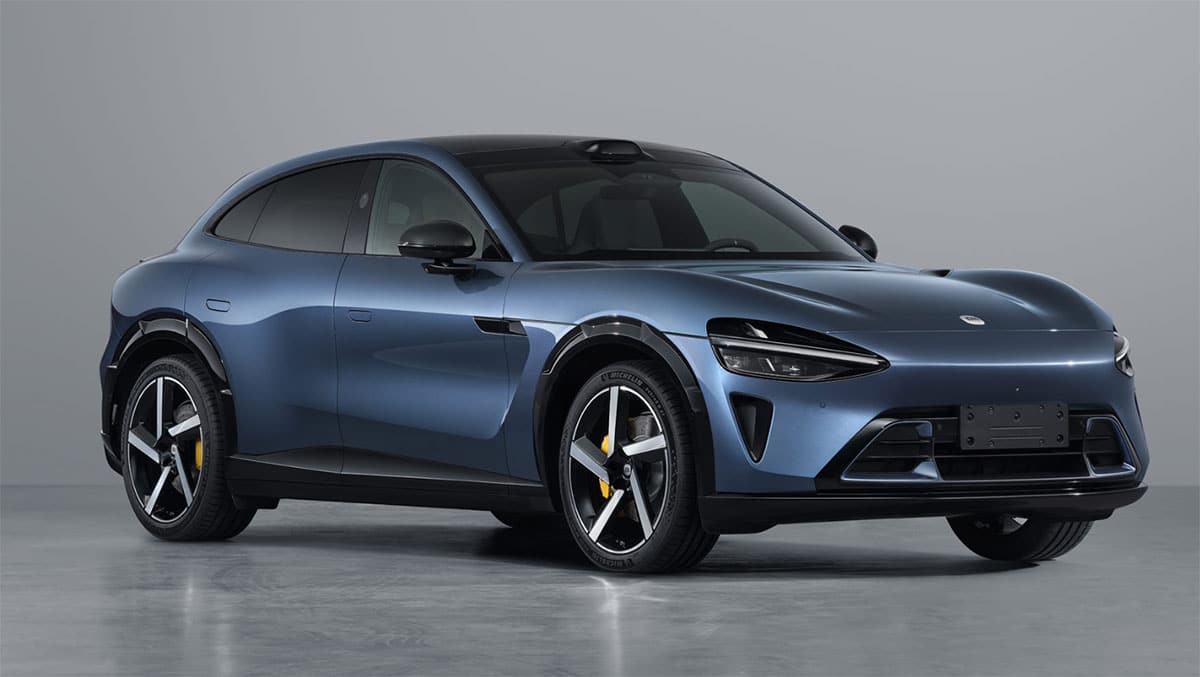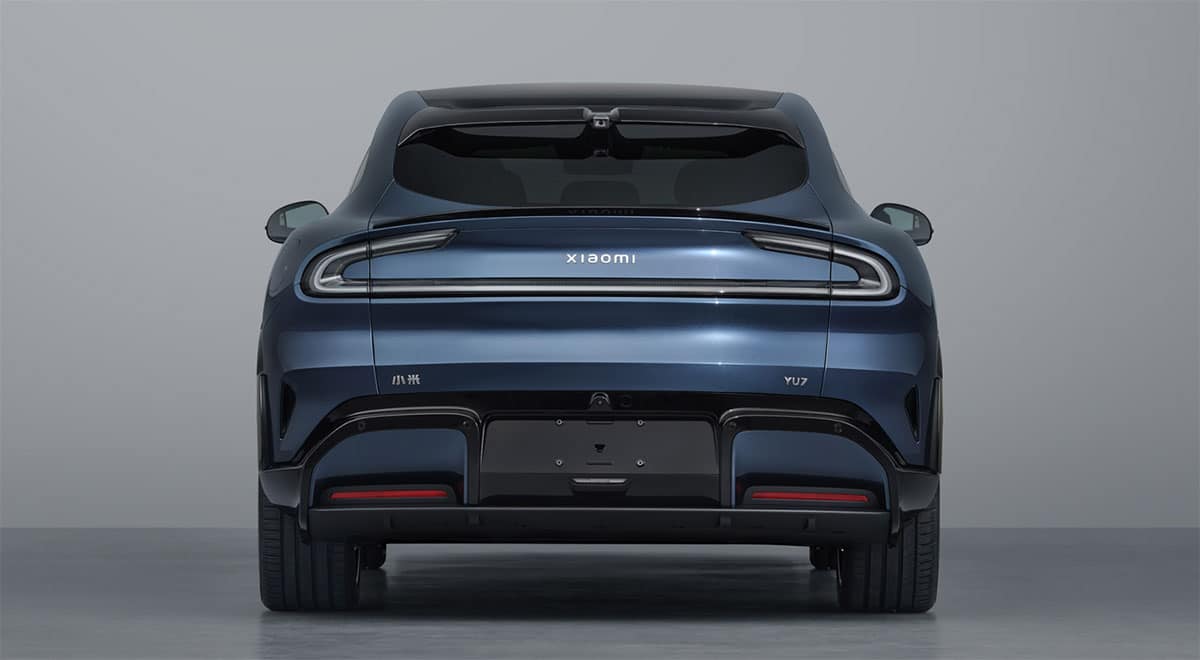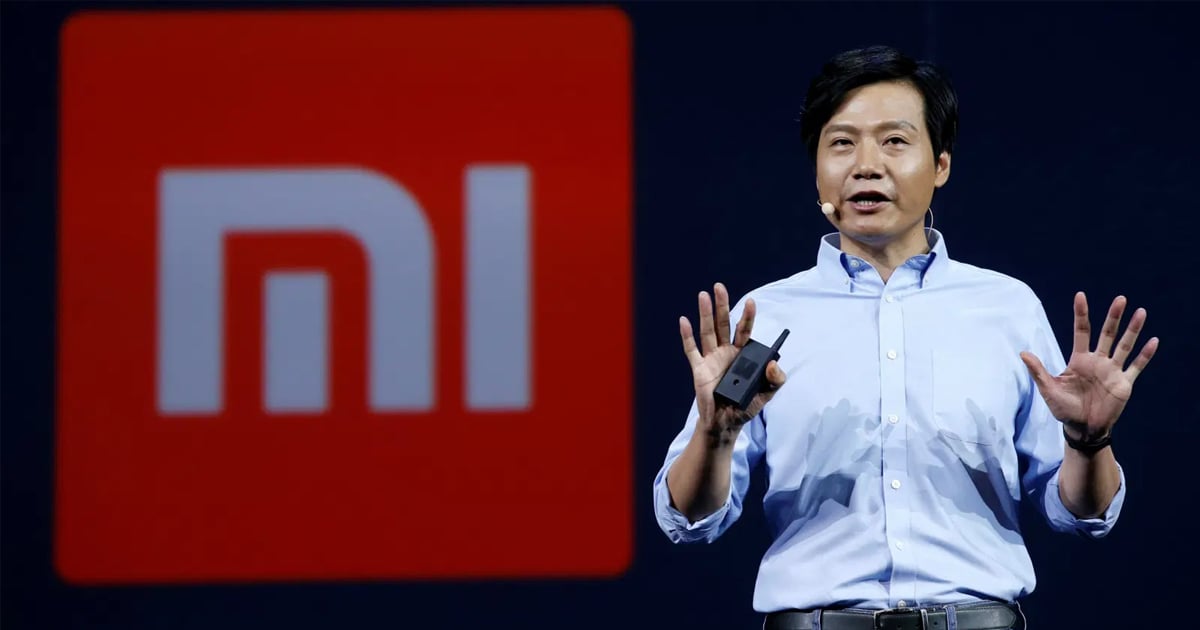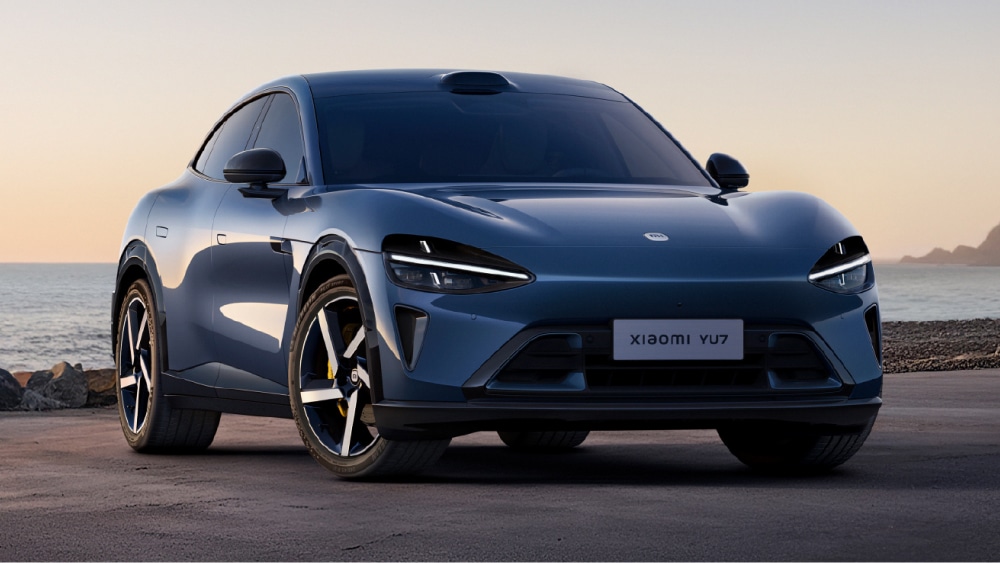Electric vehicles (EVs) are a common sight in China: according to data from August, more than half of new cars sold in the country monthly were either full-electric or hybrid vehicles. As previously reported, their popularity extends beyond China too. Chinese-made EVs are making significant inroads across Southeast Asia, largely bolstered by government incentives and wallet-friendly prices. In the region, Chinese EV makers are topping the charts in sales, outmaneuvering rivals including Tesla. Sales numbers from analysts suggest that over 70% of EV sales in Southeast Asia are from Chinese brands, with BYD leading the charge.

While the Shenzhen-based automotive conglomerate is expected to maintain its market share in Southeast Asia next year, Xiaomi — having made waves in August by becoming the world’s second-largest smartphone maker, surpassing Apple — is getting ready to launch its follow-up to the SU7 in China. The SU7, a sleek electric sedan, debuted to much fanfare and expectation in March this year, and by November, Xiaomi had rolled out 100,000 units, surpassing targets. CEO and founder Lei Jun celebrated the milestone by posting a photo of himself sleeping on the factory floor to Weibo in an apparent nod to Tesla chief Elon Musk. Xiaomi is now hoping to close off the year by delivering 130,000 units.

Confirmed to be called the YU7, the stocky SUV adopts a similar design DNA as its predecessor with signature head and rear lights highlighting a forward-looking approach that feels like a homage to Xiaomi’s line of minimalist devices. Powered by dual electric motors delivering 681 horsepower, it offers peak output performance, including a top speed of 253 km/h. The YU7 also features advanced lithium batteries developed with Chinese tech firm CATL, promising competitive range capabilities.
The YU7 aims to compete with other electric SUVs like Tesla’s Model Y, and Xiaomi’s pricing strategy is likely to emphasize affordability, as it often does. However, Lei is keeping mum on the official price for now. The YU7 is currently road-testing and it’s slated for a June-July 2025 release, according to reports.

Despite stiff competition from rivals in China including BYD, Li Auto, and Nio, Xiaomi has grand ambitions for its EV projects. In October, it released the SU7 Ultra, a luxury sports sedan version of the SU7 whose performance rivals the likes of the Porsche Taycan. The company currently operates one EV manufacturing plant in Beijing, which can produce up to 125,000 vehicles annually. Forecasting high demand for the YU7, an extension of the plant planned for mid-2025 will help to support the SUV’s roll-out. All signs are pointing to Xiaomi gearing up for an eventful 2025 in the world’s largest EV market.
Banner image via CarNewsChina.com.


















